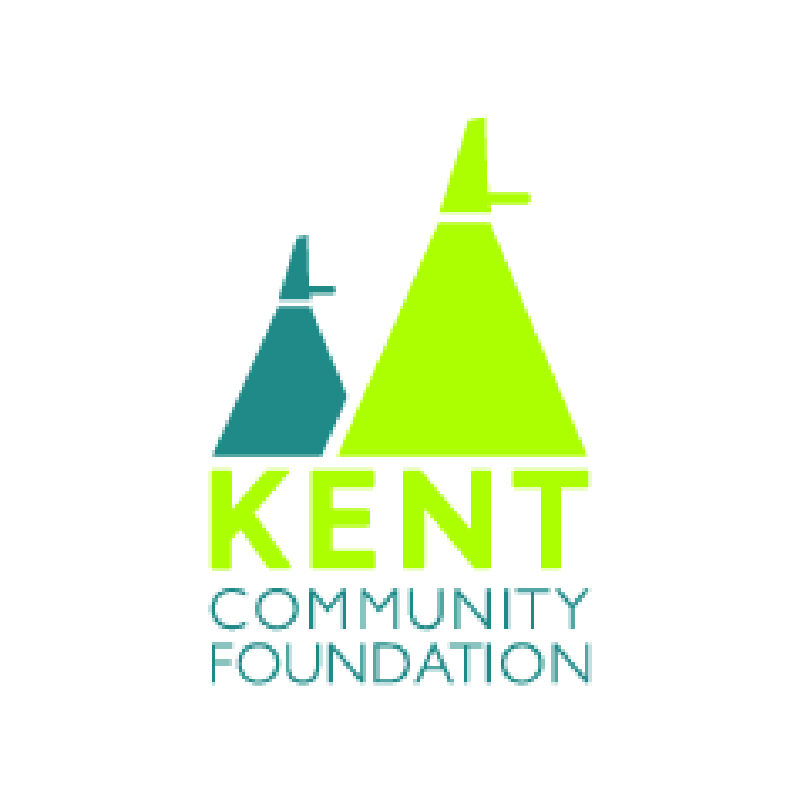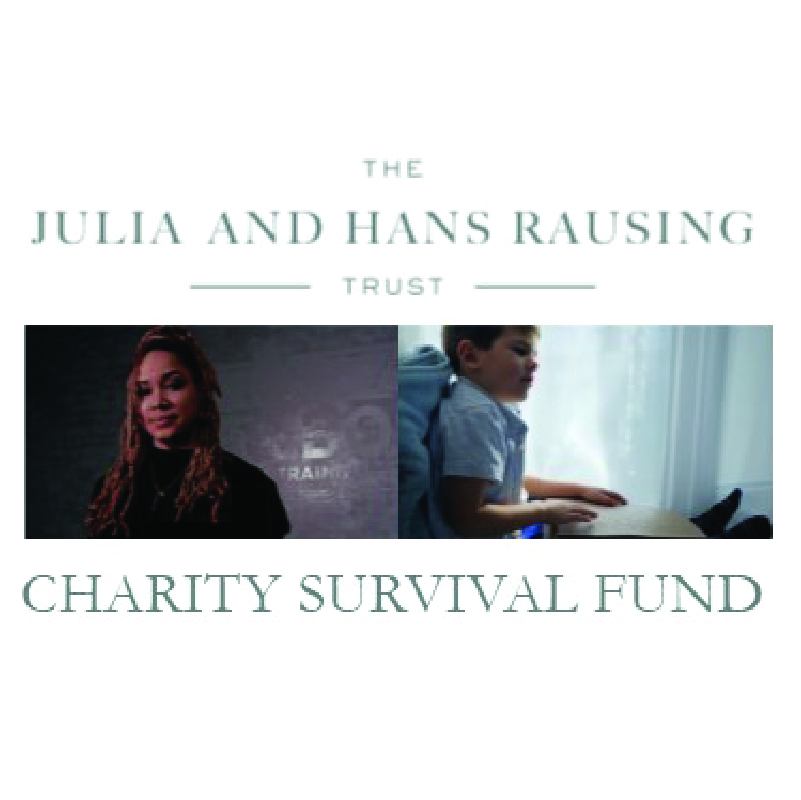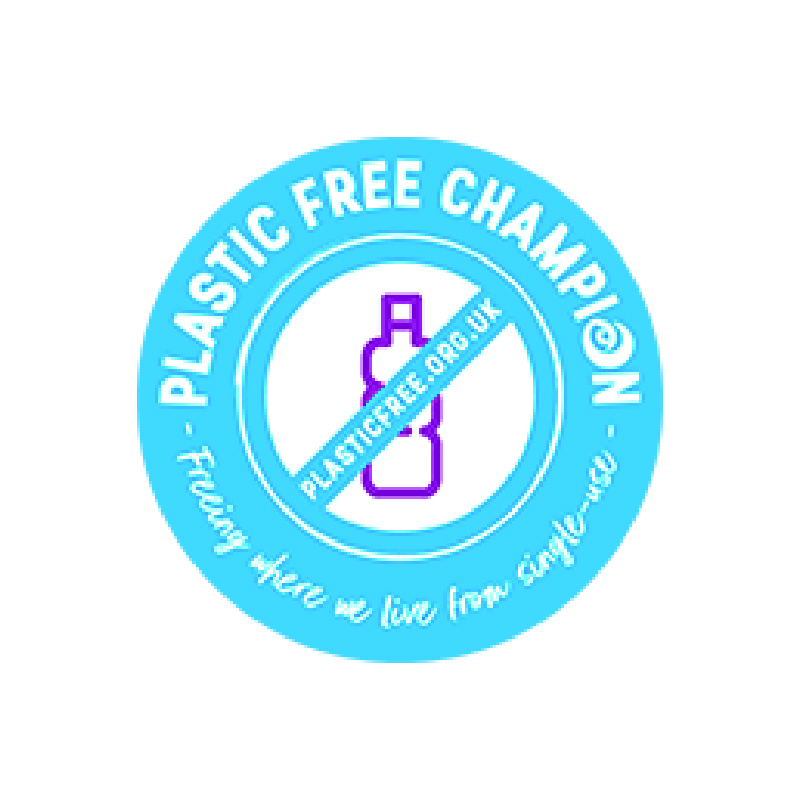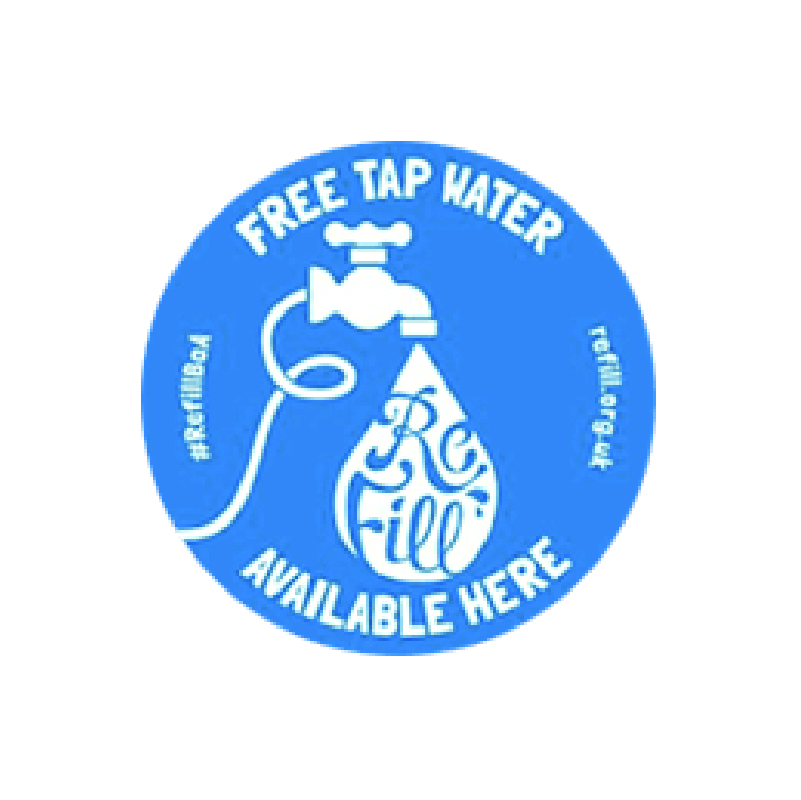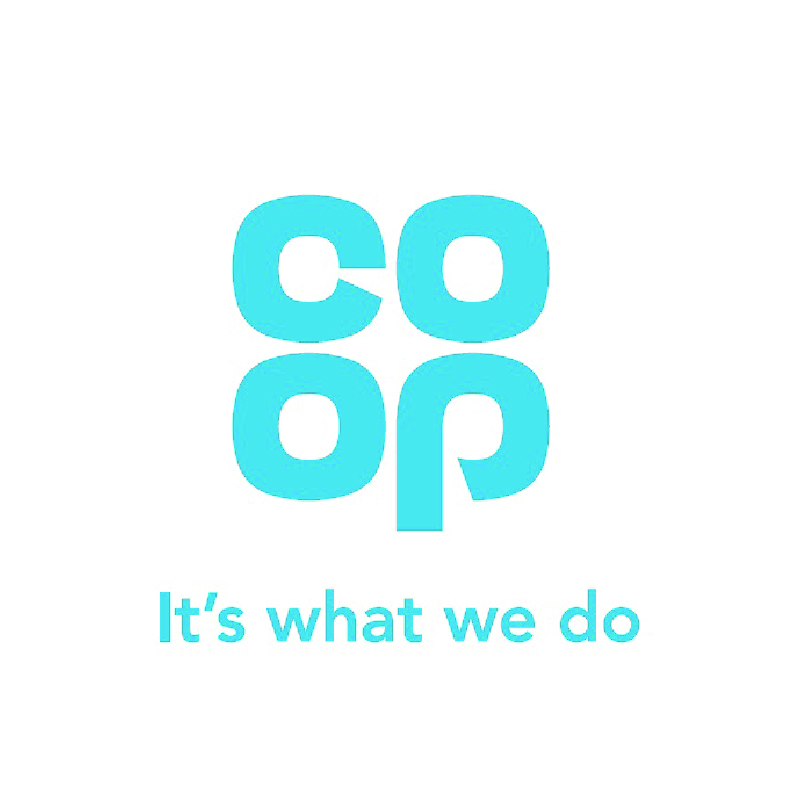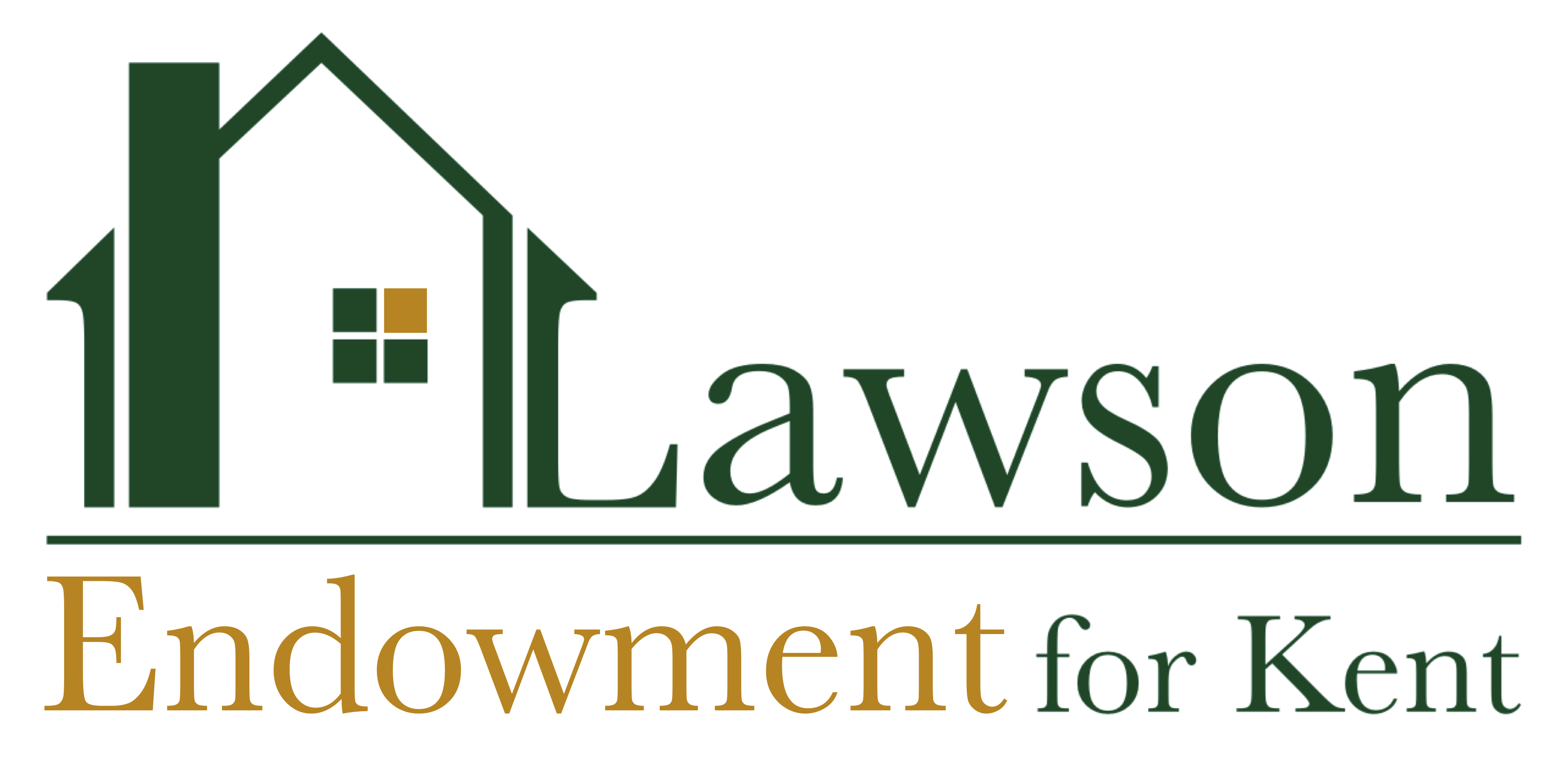
It is very fitting that it lands in October, because it’s also World Mental Health Day on 10th October.
The purpose of World Menopause Day is to raise awareness of the menopause and the support
options available for improving health and wellbeing.
Menopause can impact on many areas of a woman’s life and in fact there are 34 recognised
symptoms of Menopause (although actually there are many more!). Some of those symptoms can
impact hugely on mental wellbeing, because the brain is very oestrogen responsive and during
perimenopause (the time leading up to menopause) oestrogen fluctuates and reduces. So, mood can
be affected and anxiety may occur. Problems with brain fog, memory and motivation may also
affect some women.
The hormone Progesterone also reduces, on a steady downward trajectory and this can lead to
feeling less calm, irritability, difficulties with sleep and a worsening of premenstrual syndrome. Many
of the physical symptoms could possibly lead to secondary mental wellness difficulties, if they go on
for a long period of time. It is worth bearing in mind, that hormone imbalance can start to occur at
any age, and often from the age of 35 and more significantly by mid to late forties.
So, if you start to experience mental wellness difficulties, for the first time around this age, or your
current symptoms become worse, remember to consider that symptoms of menopause may be
contributing to your difficulties, at this time.
You can do this using a checklist called The Greene Climacteric Scale. This tool can be really useful to
help you identify potential symptoms and to also share the details with your GP or health
professional. Here is a link to the tool, on MOTH Therapies website:
https://www.subscribepage.com/perimenopause-symptoms-tracker
If you are struggling, please don’t do so in silence.
Reach out to your doctor, nurse practitioner, therapist, or coach, who can guide you to think about
options that can help you.
There are lots of things that can help, for example;
Managing stress levels
Ensuring good sleep
Incorporating movement into your daily life
Good nutrition
Talking therapy or Cognitive Behavioural Therapy (CBT)
Hypnosis
Complementary Therapies
Meditation/Mindfulness
Supplements
Hormone replacement therapy (HRT)
Other none hormonal medications
It is also important to surround yourself with people that understand and can support you.
Make sure to talk to friends and family about what you are experiencing.
Because the more we talk openly about Menopause, the easier it will be for each generation and any
taboos that are lingering will be broken.
Here at Revival the Women’s Wellness Peer support group runs weekly, every Wednesday, and we
would love to welcome you.
Tracey Allport
Women’s Health Occupational Therapist and
Menopause Coach
MOTH Therapies





